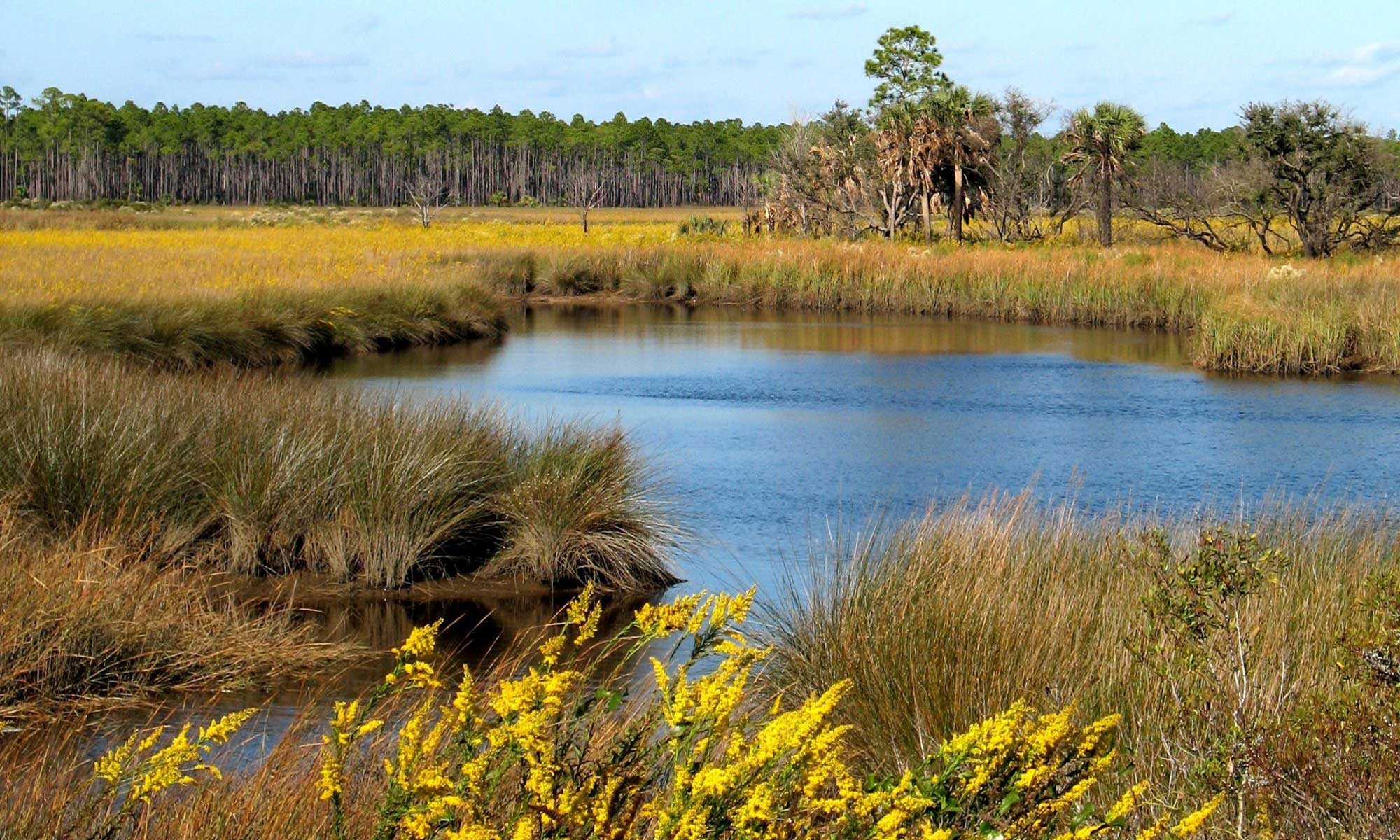Here’s How LHC Works
Our clients have an interest in the development, conservation, and/or preservation of natural resources. We take a broad definition of natural resources that includes fisheries; uplands; coastal lands, water, minerals, and oil and gas. Our tool kit includes expertise in geology, biology, environmental science, people, and strategic communication.
LHC’s practice extends to federal, state, and local policy and regulatory venues. Lampl Herbert Consultants (LHC) commonly serves as project agent, manager, and coordinator for regulatory permitting projects including development and submittal of permit applications, supporting studies, briefings, monitoring, and community relations. In other settings, LHC functions as the outside team to local governments responsible for regulation of mining companies, and, separately, we consult with public agencies and non-profit organizations engaged in acquiring conservation easements across private lands and/or private properties to be used for mitigation banks.
Our research projects extend to the socio-political setting in which public policy is created. From time-to-time, LHC lobbies at the state government level with clients who want to inform public policy. In some cases, we provide a “road map” to the policy process and coach the client regarding the culture of the political system.
LHC teammates are currently working in regulatory arenas that govern exploration for and production of oil and gas resources; avoid habitats for keystone species including monarch butterfly production areas; identification of mineral resources; regulation and drilling of industrial water wells, and discussions about the life cycle of natural resource development projects.

